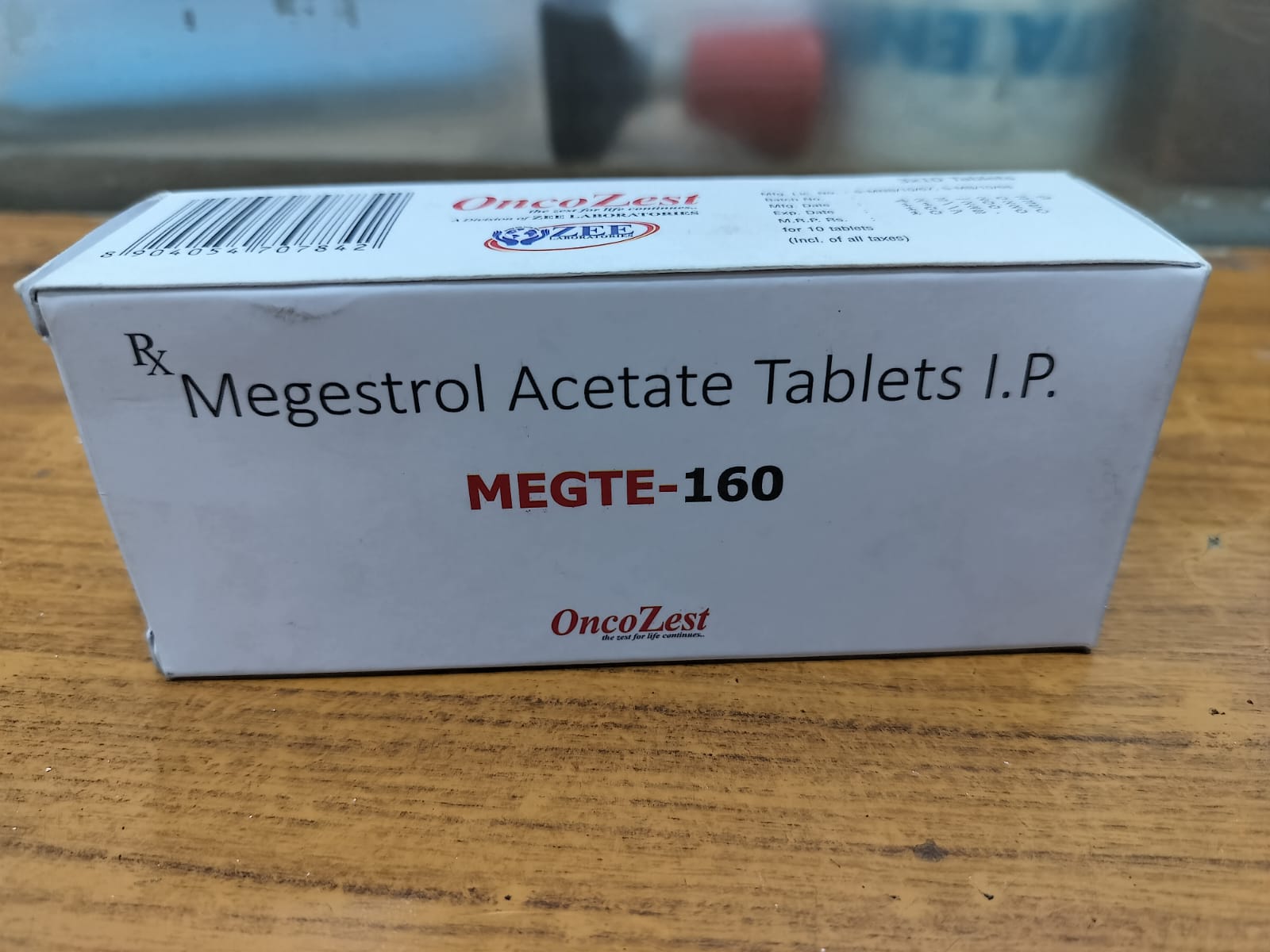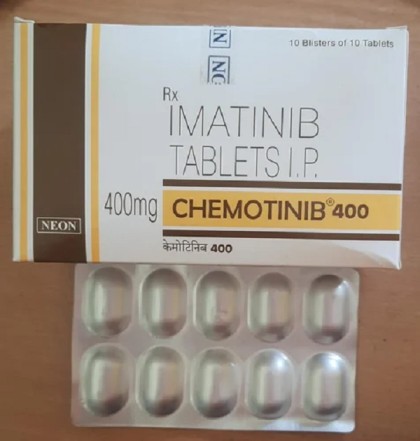Product Introduction:
Zelgor is a CYP17 enzyme inhibitor used in combination with prednisone for the treatment of metastatic castration-resistant prostate cancer (mCRPC) and metastatic high-risk castration-sensitive prostate cancer (mCSPC). It works by inhibiting androgen biosynthesis, which is critical in the progression of prostate cancer.
Uses:
Zelgor is used in the treatment of:
-
Metastatic Castration-Resistant Prostate Cancer (mCRPC)
-
Metastatic High-Risk Castration-Sensitive Prostate Cancer (mCSPC)
-
Prostate cancer progressing after initial hormonal therapy
-
In combination with prednisone or prednisolone
-
Alternative to chemotherapy in hormone-sensitive metastatic cases
-
Maintenance therapy in non-responders to LHRH analogues
Storage Instructions:
-
Store below 30°C
-
Protect from light and moisture
-
Keep container tightly closed and out of reach of children
How It Works (Mechanism of Action):
Zelgor (Abiraterone Acetate) works by inhibiting the CYP17A1 enzyme, which is essential for androgen biosynthesis in the adrenal glands, testes, and tumor tissues. By blocking this enzyme, it significantly reduces testosterone levels, limiting the fuel that prostate cancer cells need to grow and spread.
Side Effects:
Common side effects include:
-
Joint swelling or discomfort
-
Fluid retention (edema)
-
Hypertension
-
Hot flushes
-
Fatigue
-
Elevated liver enzymes
Serious side effects may include:
-
Hepatotoxicity (liver toxicity)
-
Adrenal insufficiency
-
Cardiac disorders (arrhythmias, heart failure)
-
Severe hypokalemia
-
Increased risk of bone fractures
Dosage (Typical Recommended Dose):
-
250mg tablets: 4 tablets once daily (total 1000mg/day)
-
500mg tablets: 2 tablets once daily (total 1000mg/day)
-
Should be taken with prednisone 5mg twice daily
Method of Administration:
-
Take on an empty stomach, at least 1 hour before or 2 hours after a meal
-
Swallow whole with water
-
Must be taken daily and consistently at the same time
-
Always taken in combination with corticosteroids
Precautions:
-
Monitor liver function regularly
-
Caution in patients with hypertension, hypokalemia, or heart conditions
-
Not for use in women or children
-
Use reliable contraception if the male patient’s partner is of childbearing age
-
Do not use in patients with severe hepatic impairment
Drug Interactions:
-
CYP3A4 inducers/inhibitors (e.g., rifampin, ketoconazole)
-
Warfarin (may require close INR monitoring)
-
Drugs causing hypokalemia (e.g., diuretics, corticosteroids)
-
Other hepatotoxic drugs
Allergies:
-
Avoid in patients allergic to Abiraterone or its excipients
-
Watch for signs of allergic reactions like rash, itching, swelling, or breathing difficulty
Overdose Information:
-
No specific antidote; treatment is symptomatic and supportive
-
Monitor vital signs, liver function, potassium, and blood pressure
-
Seek immediate medical assistance
Missed Dose Instructions:
-
If missed, take as soon as remembered on the same day
-
Skip the dose if it’s almost time for the next dose
-
Do not double up the dose
Additional Notes:
-
Use in combination with prednisone reduces risks of adrenal insufficiency
-
Routine monitoring of LFTs, electrolytes, and blood pressure is required
-
Effective in prolonging survival and delaying disease progression
-
Educate patients on recognizing signs of liver dysfunction or cardiac issues



